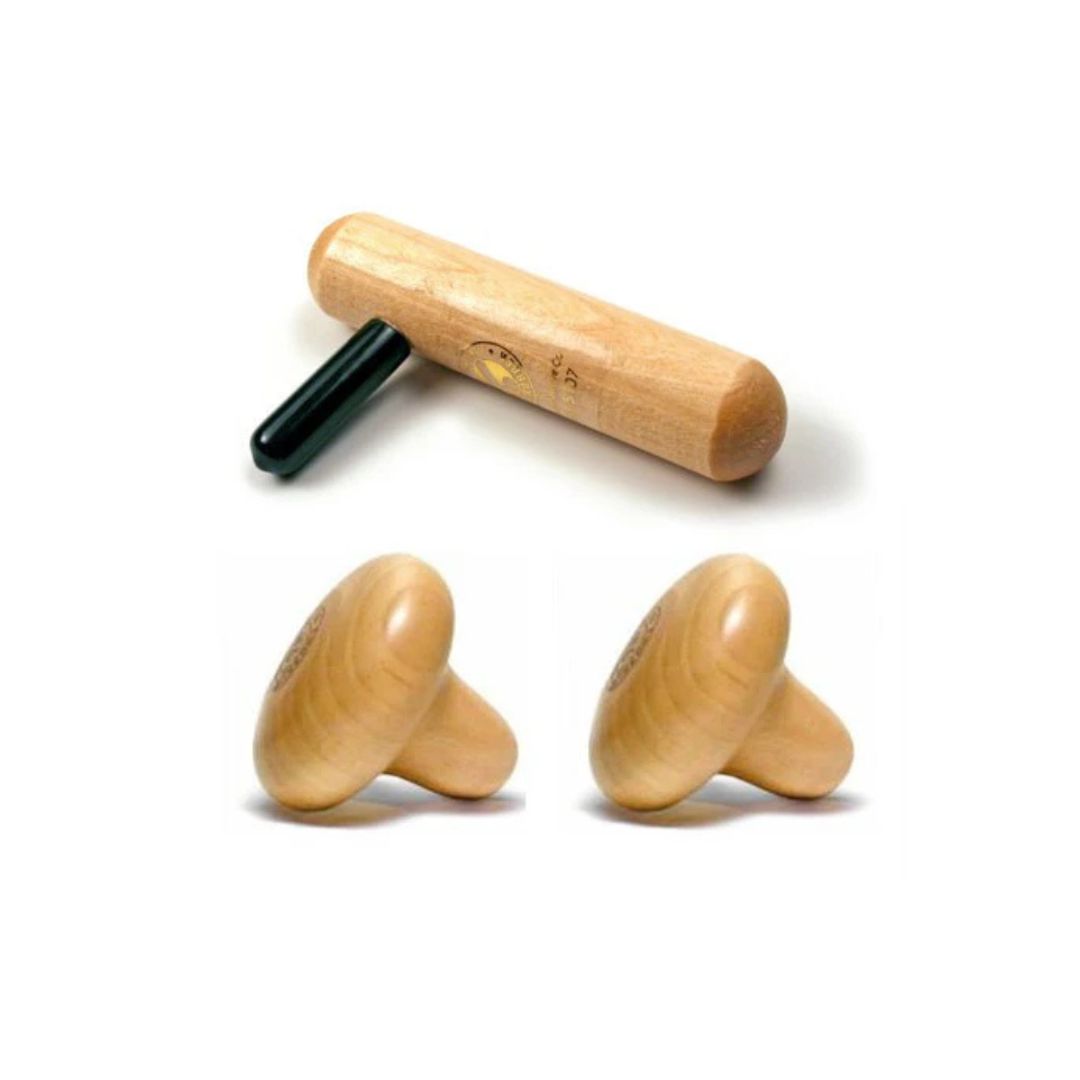Empowering Women Through Pelvic Floor Health: A Comprehensive Guide

Pelvic floor health is a critical yet often overlooked aspect of women's overall well-being
A strong and well-functioning pelvic floor is essential for various bodily functions, such as bladder and bowel control, sexual health, and providing support for the pelvic organs. In this comprehensive guide, we will explore the importance of pelvic floor health for women, common issues that may arise, and practical steps to maintain and improve pelvic floor strength.
Pelvic floor health is a critical yet often overlooked aspect of women's overall well-being. A strong and well-functioning pelvic floor is essential for various bodily functions, such as bladder and bowel control, sexual health, and providing support for the pelvic organs. In this comprehensive guide, we will explore the importance of pelvic floor health for women, common issues that may arise, and practical steps to maintain and improve pelvic floor strength.
What is the Pelvic Floor?
The pelvic floor is a complex network of muscles, ligaments, and connective tissues that form a supportive "hammock" at the base of the pelvis. Its primary functions include:
- Supporting pelvic organs: The pelvic floor muscles provide essential support for the bladder, uterus, and rectum, helping to maintain their optimal positioning within the pelvis.
- Maintaining continence: The pelvic floor muscles play a crucial role in controlling the release of urine and feces.
- Sexual function: These muscles contribute to sexual pleasure and arousal, as well as facilitating childbirth by allowing the baby to pass through the birth canal.
Common Pelvic Floor Issues in Women:
Various factors, such as age, hormonal changes, pregnancy, childbirth, and menopause, can contribute to pelvic floor dysfunction in women. Some common issues include:
- Pelvic organ prolapse: This occurs when the pelvic organs, such as the bladder, uterus, or rectum, descend due to weakened pelvic floor muscles, causing discomfort and a sensation of heaviness in the pelvic area.
- Urinary incontinence: Women with weakened pelvic floor muscles may experience involuntary leakage of urine, particularly during activities that put pressure on the bladder, such as coughing, sneezing, or exercising.
- Fecal incontinence: In some cases, women may also experience difficulty controlling bowel movements due to weakened pelvic floor muscles.
- Sexual dysfunction: Pelvic floor dysfunction can lead to reduced sexual sensation, pain during intercourse, or difficulty achieving orgasm.
Steps to Improve and Maintain Pelvic Floor Health:
-
Pelvic floor exercises: Regularly practicing pelvic floor exercises, also known as Kegel exercises, can help to strengthen the pelvic floor muscles and improve their function. To perform Kegel exercises, locate the muscles used to stop the flow of urine, contract these muscles for a count of three, then release. Repeat this process 10-15 times per set, aiming for three sets per day.
-
Maintain a healthy weight: Excess body weight can place additional strain on the pelvic floor muscles, increasing the risk of dysfunction. Adopting a balanced diet and engaging in regular physical activity can help to maintain a healthy weight and reduce pressure on the pelvic floor.
-
Mindful breathing and relaxation techniques: Stress and tension can contribute to pelvic floor dysfunction. Practicing deep, diaphragmatic breathing and relaxation techniques can help to alleviate tension in the pelvic floor muscles.
-
Seek professional guidance: If you are experiencing pelvic floor issues or have concerns about your pelvic floor health, consult a healthcare professional, such as a physiotherapist or gynecologist, for personalized advice and treatment options.
Conclusion:
Understanding and prioritizing pelvic floor health is an essential aspect of women's overall well-being. By taking proactive steps to maintain and improve pelvic floor strength, women can reduce the risk of dysfunction, enhance their quality of life, and empower themselves to live happier, healthier lives.
#WomensHealth #PelvicFloor #PelvicFloorHealth #KegelExercises #PelvicFloorDysfunction
About Niel Asher Education
Niel Asher Education (NAT Global Campus) is a globally recognised provider of high-quality professional learning for hands-on health and movement practitioners. Through an extensive catalogue of expert-led online courses, NAT delivers continuing education for massage therapists, supporting both newly qualified and highly experienced professionals with practical, clinically relevant training designed for real-world practice.
Beyond massage therapy, Niel Asher Education offers comprehensive continuing education for physical therapists, continuing education for athletic trainers, continuing education for chiropractors, and continuing education for rehabilitation professionals working across a wide range of clinical, sports, and wellness environments. Courses span manual therapy, movement, rehabilitation, pain management, integrative therapies, and practitioner self-care, with content presented by respected educators and clinicians from around the world.
Known for its high production values and practitioner-focused approach, Niel Asher Education emphasises clarity, practical application, and professional integrity. Its online learning model allows practitioners to study at their own pace while earning recognised certificates and maintaining ongoing professional development requirements, making continuing education accessible regardless of location or schedule.
Through partnerships with leading educational platforms and organisations worldwide, Niel Asher Education continues to expand access to trusted, high-quality continuing education for massage therapists, continuing education for physical therapists, continuing education for athletic trainers, continuing education for chiropractors, and continuing education for rehabilitation professionals, supporting lifelong learning and professional excellence across the global therapy community.

Continuing Professional Education
Looking for Massage Therapy CEUs, PT and ATC continuing education, chiropractic CE, or advanced manual therapy training? Explore our evidence-based online courses designed for hands-on professionals.


















